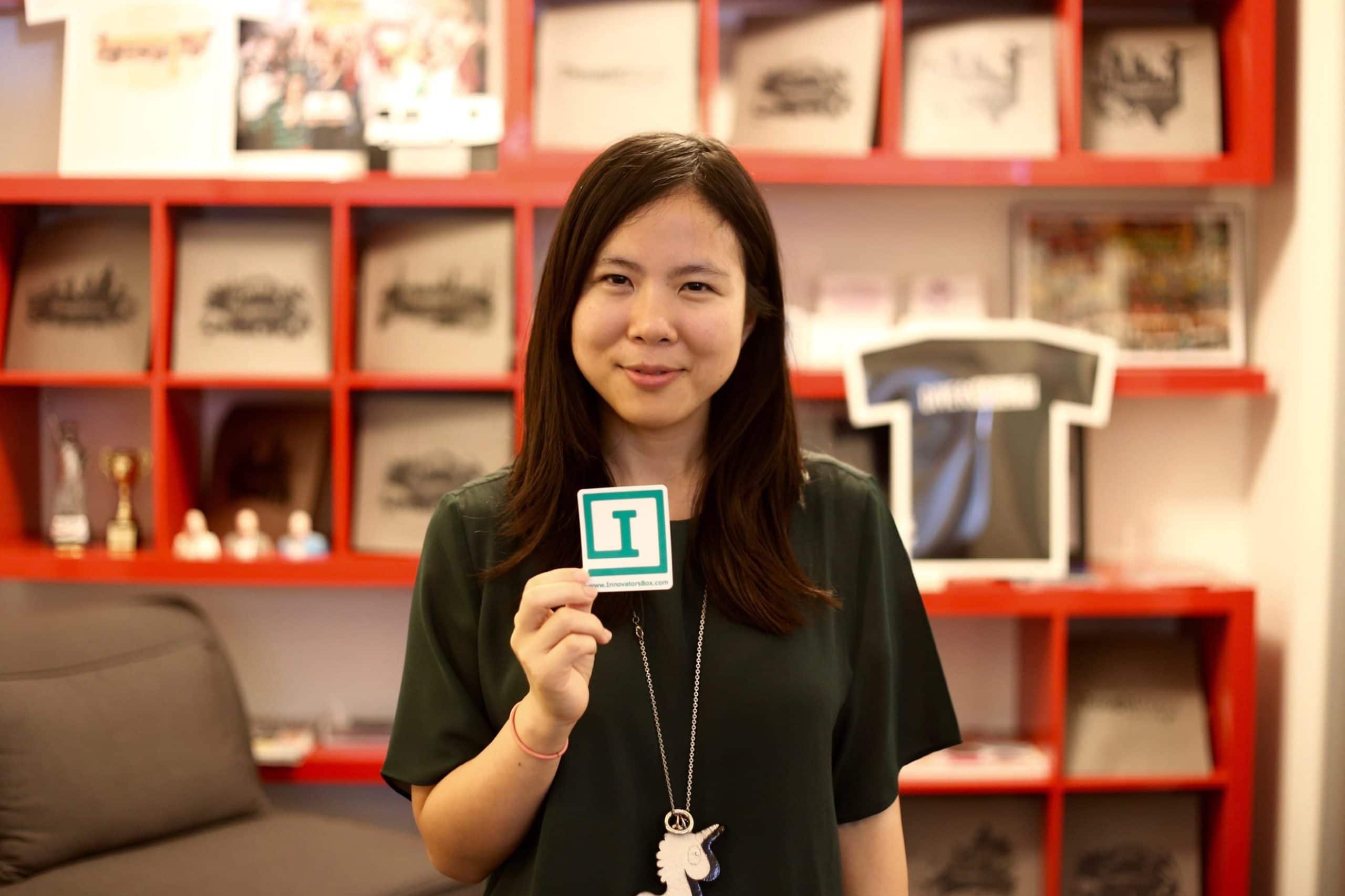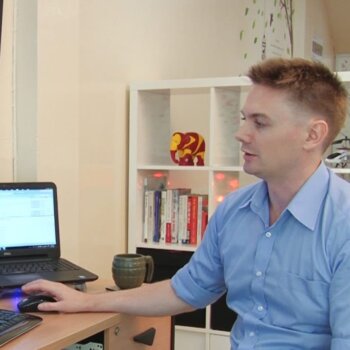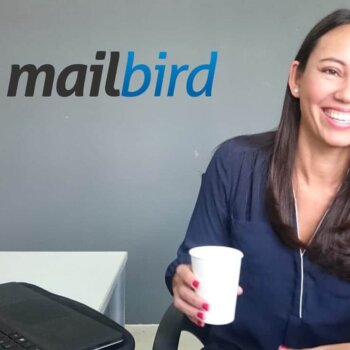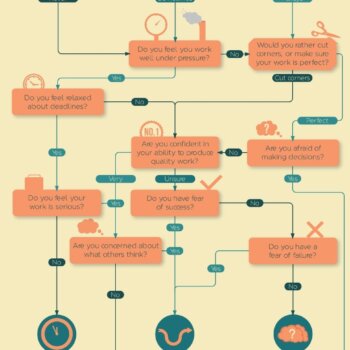(Women on Top in Tech is a series about Women Founders, CEOs, and Leaders in technology. It aims to amplify and bring to the fore diversity in leadership in technology.)
Here is our interview with Monica Kang, an Asian American entrepreneur based in Washington DC, who focused on empowering people with creativity. Monica is the CEO & Founder of InnovatorsBox.
What makes you do what you do?
Creativity is really important no matter what you do and it is what keeps me alive. It increases productivity. It allows one to see things from different perspectives and it helps people get through depression. Being creative means being open to possibility and learning to be resourceful, especially when trying to solve a particularly tricky problem. On a personal note, it is what gets me out of the situation where I feel stuck and helps me regain my energy.
How did you rise in the industry you are in?
I went to a lot of conferences and expanded my network greatly in the past year. Relationship building is one of the most important elements that helps my business grow. I really treasure those relationships. I share the updates of my business with my network to seek out help, feedbacks, and advice. At the end of the day, I have my go-to person who can lift me up through difficult times, give me guidance, and bring out the best version of myself.
Why did you take on this role/start this startup especially since this is perhaps a stretch or challenge for you (or viewed as one since you are not the usual leadership demographics)?
First, the organization or the industry that I was in earlier didn’t have space for me to make as much impact as I do now with my own startup. With InnovatorsBox, I have much more flexibility to create the program based on my own vision and understanding of the industry. The business model InnovatorsBox has combined B2B and B2C. When I first started InnovatorsBox, many people in the creativity field didn’t even think it was possible to have both combined as a service enterprise. If I were to keep my day job while I was working on my own startup, it would have drained my energy and I would have lost my focus and not have thrived in either role.
Do you have a mentor that you look up to in your industries or did you look for one or how did that work?
I have many mentors that I am so grateful for. They have been helping me immensely along my startup journey. However, many of them are not in the same industry as mine. I have mentors in the law profession, real estate, finance; I also have a mentor who is a small business owner, and mentors who have been in the Corporate America for a long time, and or being as independent consultants in their own field. These people outside of my industry help me even better because they give me a fresh view in what I have been creating. As an entrepreneur, you need a broad network of mentors to create your business as you will face all kinds of problems in different facets that by limiting your mentors in your own industry won’t help you solve problems in the long term.
How did you make a match and how did you end up being mentored
by him?
I met many of my mentors through networking events through introductions. Those people are the ones that may not share the similar experience with me. However, they are knowledgeable in the fields that I need guidance or help. People in my support system are also the ones that constantly challenge me and point out my mistakes without hesitation. They may not have the fancy titles but they serve my needs the best. Those with great titles might be the ones that I want to become, but they may not have time to invest in me. Ultimately I encourage people to look for the ones that can provide you with the most practical guidance from different angles and challenge you on a constant basis, instead of the ones with great titles but limited time to invest in you.
Do you consciously or unconsciously support diversity and why?
As a minority woman entrepreneur, I have been consciously vocalizing and encouraging diversity in the entrepreneurship ecosystem that I am in. I found myself in extreme minority. As an Asian female entrepreneur, I found that there is very limited number of female Asians in VC world, in business owners’ category, and in board room. Also, the subgroup that I identify myself in- Korean Americans, has even smaller number of people in the entrepreneurship community. Many Asians in the entrepreneurship community are South Asians, Pakistanis, or Chinese Americans. When it comes to statistics, it appears that Asians as a minority group have a pretty high percentage of business ownership, but it is essentially the ownership of mom-and-pop shops, which mostly are restaurants and convenience stores, rather than the innovative business enterprises that our generation have been striving to create.
There are a few challenges that we face as Asian Americans in the entrepreneurial ecosystem and that is why I am very vocal about diversity. We don’t have enough Asian entrepreneurs to begin with, which makes it harder for anyone in this group to pave their startup journey, compared to African Americans and Latinos. Therefore, there are not many people that you can easily find to talk to about many struggles or challenges we face culturally or socially as an ethnic group. Second, Asian community is very divided that some of them are pretty well-off, whereas others are middle class or below. However, the impression that well-off Asians leave to the society makes it harder for people to believe many struggles that first generation Asians face. Another thing is that many first generation Asians in my age group have seen the sacrifices their parents make in order for them to get a good education and live an affluent life in America, so they don’t want to blow away a comfortable life with stable salaries by taking risks like starting a business. This explains why there is a huge population of Asians working for corporate as an “invisible force.” The Asian population is also divided into its subgroups, unlike African Americans. There are Chinese Americans, Taiwanese Americans, Hong Kongnese, Korean Americans, Japanese Americans, Southeast Asians etc. Each group has their strong culture and identity, which makes it extremely hard to unite as one ethnic group either on a personal level or on a professional level.
Advice for others? What does it take to be a great leader in your industry?
It depends on your definition of what a leader means to you. Everyone’s definition is different –many will think leaders are the ones that are the most successful in their profession, the most well-known, or the most affluent. To me, a leader is the one who makes an impact in the community through inspiring and developing people in the community, and that’s what I am trying to become.
Some of the advice I learned along my way is being patient. You can’t and won’t get to where you want to be in a short period of time. It takes a long way and it’s a marathon. Always assume good intent from people and learn from people. Always be ready to learn. Be sure to be sustainable and take care of yourself. You can’t burn out and you need to work strategically and smart, on the basis of working hard. There is no work-life balance as an entrepreneur, so you need to know how to balance your energy. Seek out mentors and gather people who can help you get to where you want to be. Be consistent in your deliverables or service. I particular don’t agree with people saying “fake it till you make it” about confidence. I do think you need to prepare yourself enough to feel confident as you walk into a meeting. Preparation gives you confidence and it builds up.
To learn more about InnovatorsBox, please see https://www.innovatorsbox.com/.
We are a huge fan and cheerleader of Women Leaders — If you know of an AMAZING Woman Founder, CEO, Leader in Tech or you are one yourself — Write us here.
AMPLIFY Conscious Business Leadership with me.
This article was co-written with Sophie Tianying Li.
LinkedIn: https://www.linkedin.com/in/tianyingsophieli


 Sophie Tianying is a woman advocate, with a professional background in accounting and finance. She has working experience in New York, London, and Dublin in various sectors including banking, public accounting, and FinTech startup. She has devoted herself in UN Sustainable Development Goal in gender equality by starting women initiatives in STEM education, global women mentorship and spotlighting minority women leaders in the tech industry in Asian Entrepreneur Magazine.
Sophie Tianying is a woman advocate, with a professional background in accounting and finance. She has working experience in New York, London, and Dublin in various sectors including banking, public accounting, and FinTech startup. She has devoted herself in UN Sustainable Development Goal in gender equality by starting women initiatives in STEM education, global women mentorship and spotlighting minority women leaders in the tech industry in Asian Entrepreneur Magazine.



























